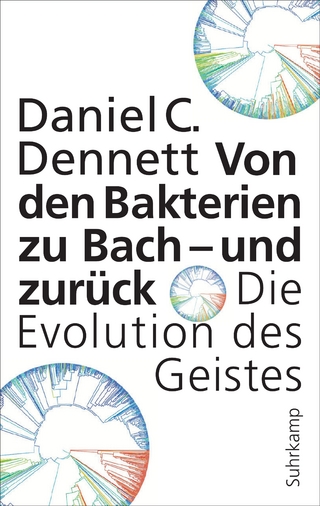
Fixing Reference
Seiten
2018
Oxford University Press (Verlag)
978-0-19-880179-5 (ISBN)
Oxford University Press (Verlag)
978-0-19-880179-5 (ISBN)
Imogen Dickie develops an account of aboutness-fixing for thoughts about ordinary objects, and of reference-fixing for the singular terms we use to express them. She explains how relations to objects including perceptual attention, understanding of proper names, and grasp of descriptions do their aboutness-fixing and thought-enabling work.
Imogen Dickie develops an account of aboutness-fixing for thoughts about ordinary objects, and of reference-fixing for the singular terms we use to express them. Extant discussions of this topic tread a weary path through descriptivist proposals, causalist alternatives, and attempts to combine the most attractive elements of each. The account developed here is a new beginning. It starts with two basic principles. The first connects aboutness and truth: a belief is about the object upon whose properties its truth or falsity depends. The second connects truth and justification: justification is truth conducive; in general and allowing exceptions, a subject whose beliefs are justified will be unlucky if they are not true, and not merely lucky if they are. These principles--one connecting aboutness and truth; the other truth and justification--combine to yield a third principle connecting aboutness and justification: a body of beliefs is about the object upon which its associated means of justification converges; the object whose properties a subject justifying beliefs in this way will be unlucky to get wrong and not merely luck to get right. The first part of the book proves a precise version of this principle. Its remaining chapters use the principle to explain how the relations to objects that enable us to think about them--perceptual attention; understanding of proper names; grasp of descriptions--do their aboutness-fixing and thought-enabling work. The book includes discussions of the nature of singular thought and the relation between thought and consciousness.
Imogen Dickie develops an account of aboutness-fixing for thoughts about ordinary objects, and of reference-fixing for the singular terms we use to express them. Extant discussions of this topic tread a weary path through descriptivist proposals, causalist alternatives, and attempts to combine the most attractive elements of each. The account developed here is a new beginning. It starts with two basic principles. The first connects aboutness and truth: a belief is about the object upon whose properties its truth or falsity depends. The second connects truth and justification: justification is truth conducive; in general and allowing exceptions, a subject whose beliefs are justified will be unlucky if they are not true, and not merely lucky if they are. These principles--one connecting aboutness and truth; the other truth and justification--combine to yield a third principle connecting aboutness and justification: a body of beliefs is about the object upon which its associated means of justification converges; the object whose properties a subject justifying beliefs in this way will be unlucky to get wrong and not merely luck to get right. The first part of the book proves a precise version of this principle. Its remaining chapters use the principle to explain how the relations to objects that enable us to think about them--perceptual attention; understanding of proper names; grasp of descriptions--do their aboutness-fixing and thought-enabling work. The book includes discussions of the nature of singular thought and the relation between thought and consciousness.
Imogen Dickie did her first degree in New Zealand and her graduate work at Oxford. She is currently a Professor of Philosophy at the University of Toronto.
1: Introduction
2: In which a precise version of the connection between aboutness and justification is derived from more basic principles
3: The mind has a basic need to represent things outside itself
4: Perceptual demonstratives
5: Proper names
6: The delicate question of reference by description
7: Descriptions and singular thought
8: Thought and consciousness
Appendix: Key to notation
References
Index
| Erscheinungsdatum | 03.07.2018 |
|---|---|
| Reihe/Serie | Context & Content |
| Verlagsort | Oxford |
| Sprache | englisch |
| Maße | 157 x 233 mm |
| Gewicht | 522 g |
| Themenwelt | Geisteswissenschaften ► Philosophie ► Erkenntnistheorie / Wissenschaftstheorie |
| Geisteswissenschaften ► Philosophie ► Sprachphilosophie | |
| ISBN-10 | 0-19-880179-3 / 0198801793 |
| ISBN-13 | 978-0-19-880179-5 / 9780198801795 |
| Zustand | Neuware |
| Informationen gemäß Produktsicherheitsverordnung (GPSR) | |
| Haben Sie eine Frage zum Produkt? |
Mehr entdecken
aus dem Bereich
aus dem Bereich
die Grundlegung der modernen Philosophie
Buch | Softcover (2023)
C.H.Beck (Verlag)
18,00 €
Buch | Softcover (2023)
Reclam, Philipp (Verlag)
7,00 €
die Evolution des Geistes
Buch | Softcover (2025)
Suhrkamp (Verlag)
30,00 €

![Was heißt Denken?. Vorlesung Wintersemester 1951/52. [Was bedeutet das alles?] - Martin Heidegger](/media/113619842)
